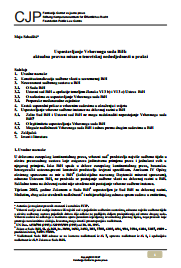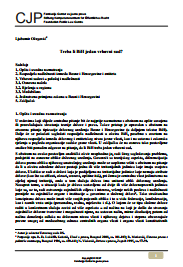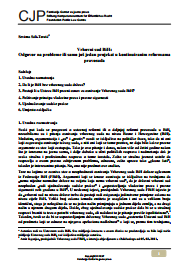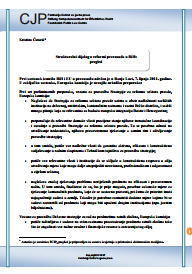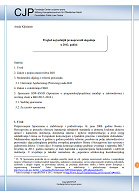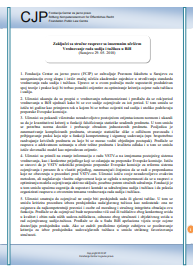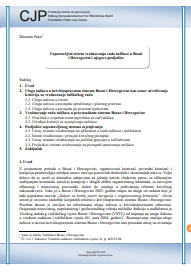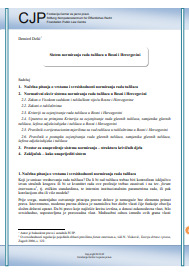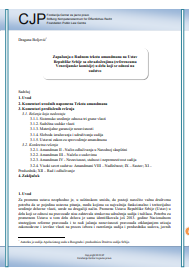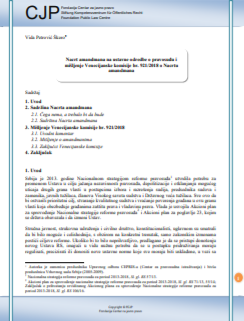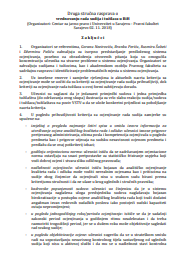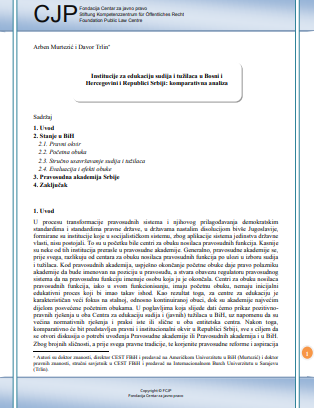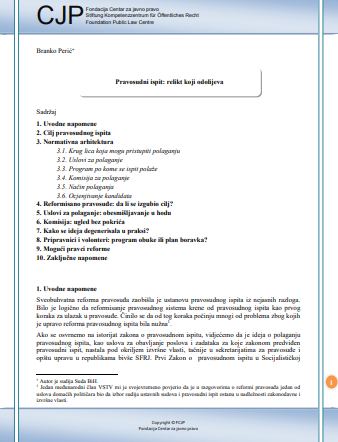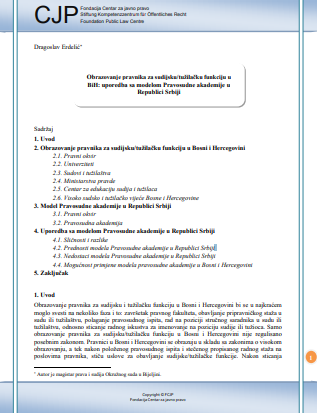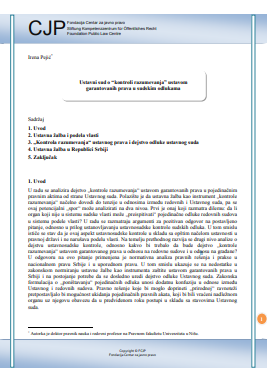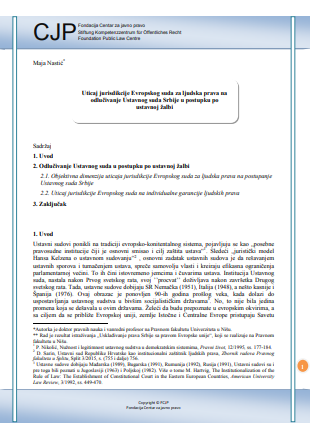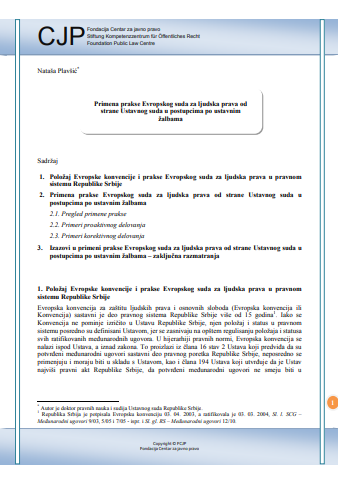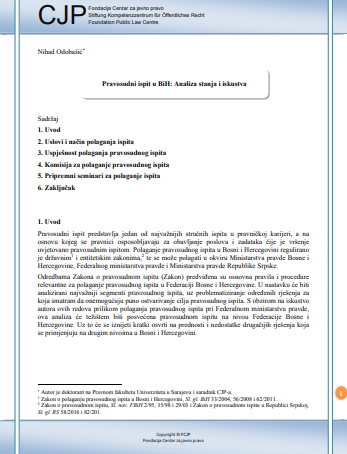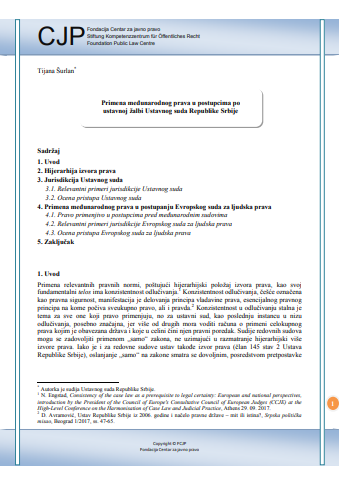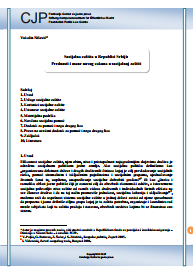
Socijalna zaštita u Republici Srbiji: Prednosti i mane novog zakona o socijalnoj zaštiti
Following delivery of new a Law on Social Protection, we can say that the system of social protection in the Republic of Serbia has been enhanced. The law has improved the position of socially handicaped categories of population, and enabled to have a higher number of persons with social protection and provided an increase of cash amount of material support. According to the Law, the social welfare institutions may be established by other legal and natural persons, which open the opportunity of providing social protection services for the entities that are not established by national or social capital, but only by capital that is in private ownership. This will certainly improve the quality of social protection, because it will create an open market and competition between services shall increase service quality. As for the conditions that must be met in order to obtain the right to some kind of tangible support, a new law introduces a variety of innovations. On the one hand, too restrictive conditions regarding the right on remuneration for assistance and care of another person, provided by regulations on pension and disability insurance have been reduced, which will certainly lead to an increase the number of beneficiaries of the mentioned law. On the other hand, the law provision regulating that person who is incapacitated for work together with application for financial aid must also submit a final court order, judicial settlement or evidence about proceeding before competent court in order to determine the obligation of alimony will certainly lead to a reduction in number of users of this kind of material support. The existing law is expanded by the new law; also certain new rights are introduced making the whole system of social protection more complete. The Country of Serbia has brought closer its social welfare system to European standards, especially in terms of decentralization and the introduction of private capital in the social protection system and has showed that in conditions of economic crisis the State is taking care of the vulnerable layers of population.
More...
